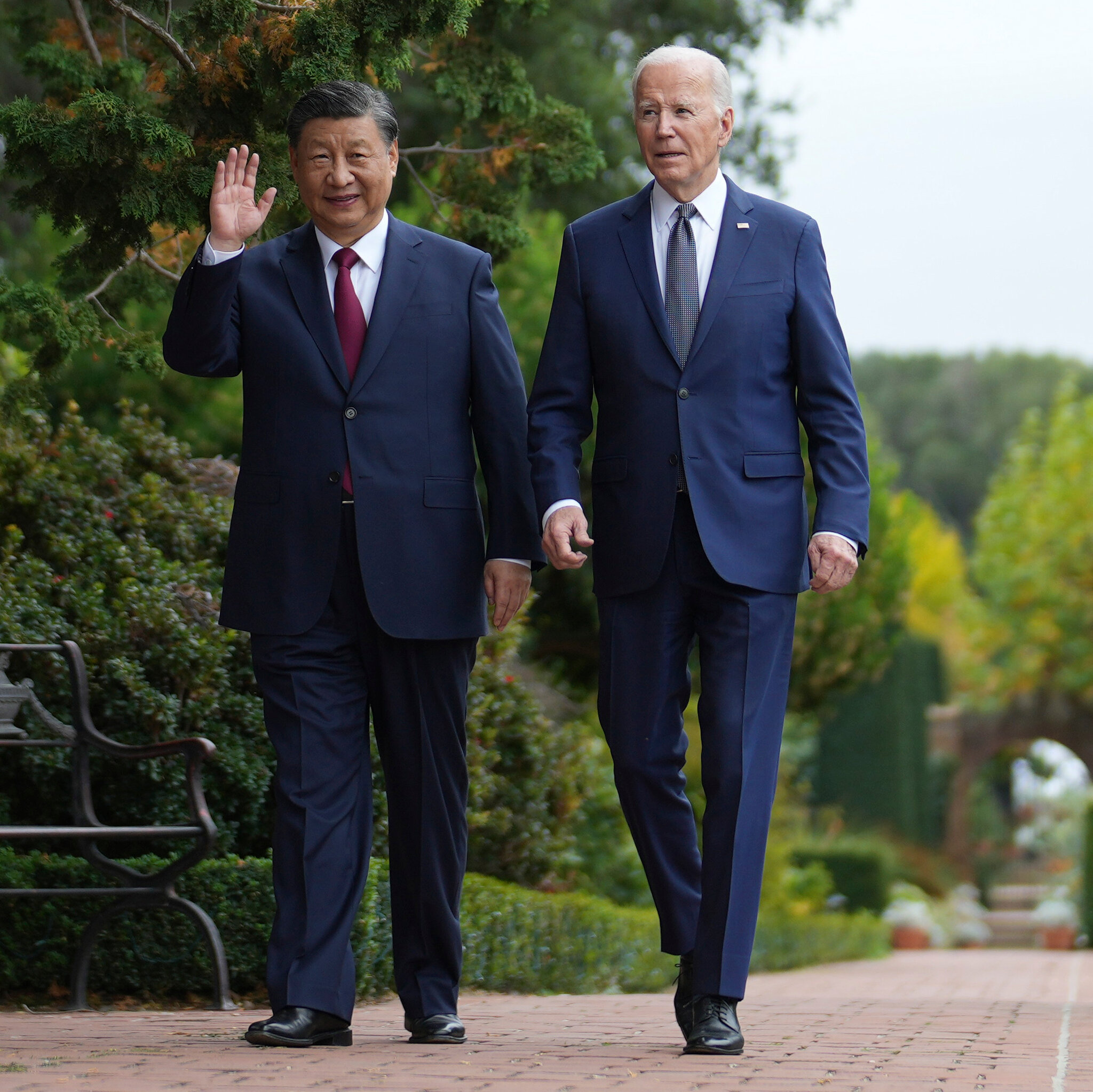In 2023, the Federal Reserve’s hawkish stance on the rising interest rates is paying dividends amid the colling inflation that has downed. Based on market data related on November 15 shows that the Consumer Price Index (CPI) fell to 3.2%, representing another drop from its percentage in September. Could this be a path of recovery? And how long would its redemption period take?
The developments on inflation and interest rate proceedings show that the global and US markets are likely to recover in the coming future following their plummet in the past 2 months. Since October, the CPI has fallen, as well as the inflation rates in the financial markets. This affirms that there is a long way to recover and for the market to reclaim normalcy.
Recent changes in the US and Global market
According to the Bureau of Labor and Statistics (BLS), reports released on Wednesday showed a drop in The Consumer Price Index (CPI) to 3.2%. Based on this assessment, the inflation rates in the US were down by 0.5% in October to 3.7% recorded in September.
This meant that the inflation was cooling, indicating good news for investors. The US and the global market reacted optimistically towards this news, and the events’ consequences have been felt across the financial market.
Among the events related to this was the spike in the Nasdaq Stock index, which shot up by 2.37%. The Dow Jones Industrial Average surged by 1.43%, and the Russell 2000 increased by 5.4%.
SPX increased by 1.91% as Sensex rose by 580 points. Gold, on the other hand, also increased by 3.27% after the release of the CPI, which also influenced other commodities on the upside.
However, this was only the positive side. On the downside, a couple of other commodities plummeted based on the CPI. According to the United States Treasury yields, an analysis of the Dollar’s performance in the currency market showed a slight bearish trend that was also constant. This was after a drop in inflation to 3.2%.
Among them was the US Dollar Index, which dropped to 104 points, indicating a 1.5% drop. UST dipped by 4.45% to 19bps based on its 10-year yields. The US core CPI was also at a huge miss by 0.23%.
In light of this news, if the inflation comes under control below 2%, the global and United States markets will experience a quick recovery. This will also affect the Gold market value, which is expected to rise and reach $3,000 by 2024. Bloomberg commodities strategies commented on these events and expressed their reviews on the matter.
MarkeCommodities spike in the global and US markets
The ongoing conflict in the Middle East that has erupted between Palestine and Israel has affected the gold price. The unfortunate events have doubled digits in gold’s price by over 12% based on market data. Gold rose to $1,815 and rose to $1,968 this week.
It is currently hovering at levels above $1,946 from last week. Also, reasons behind this surge can be attested to investors considering gold a safe haven and a hedge against implications brought about by regional conflicts.
Mike McGlone has commented on the prediction as a leading senior commodities analyst and strategist on Bloomberg. He expects the gold price to reach $3,000 in an upswing and a 50% return on investment (ROI) based on its current market price movements. McGlone’s related post last week was titled, “Copper $3, Gold Toward $3,000: US Recession Could Be 2024 Path.”
President Xi of China is in the US
President Xi Jinping of China has made his inaugural visit to the United States in six years. This comes after US President Joe Biden stated that restoring normal communications with Beijing, including military-to-military contacts, was the objective of their bilateral discussions this week.
Wednesday morning US time, Xi is scheduled to meet Biden near San Francisco prior to attending the annual summit of the Asia Pacific Economic Cooperation (APEC) alliance, which consists of twenty-one member states.
The summit will mark their first in-person encounter in a year and follows months of preparatory high-level discussions, which arose in the wake of heightened tensions between the two nations over trade, human rights, the pandemic, and other matters.


